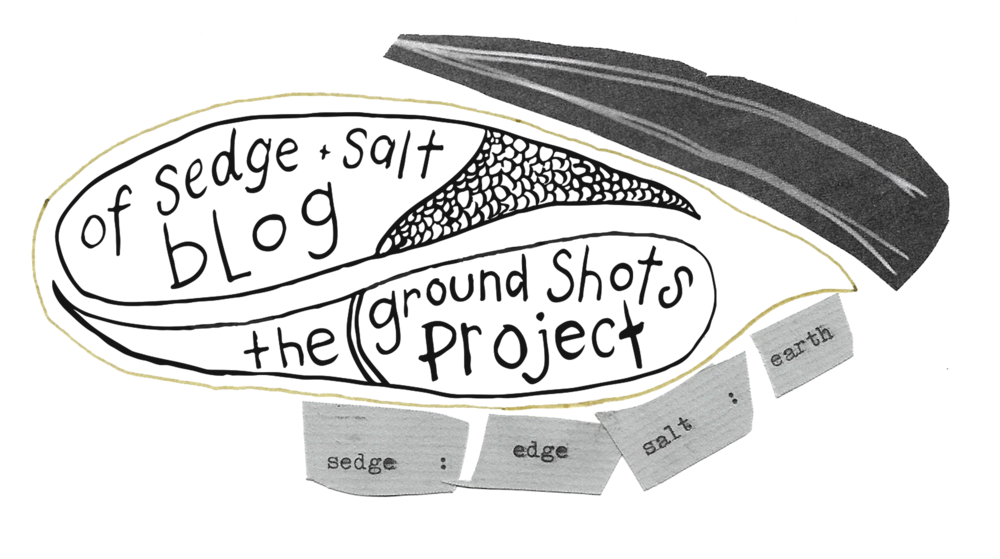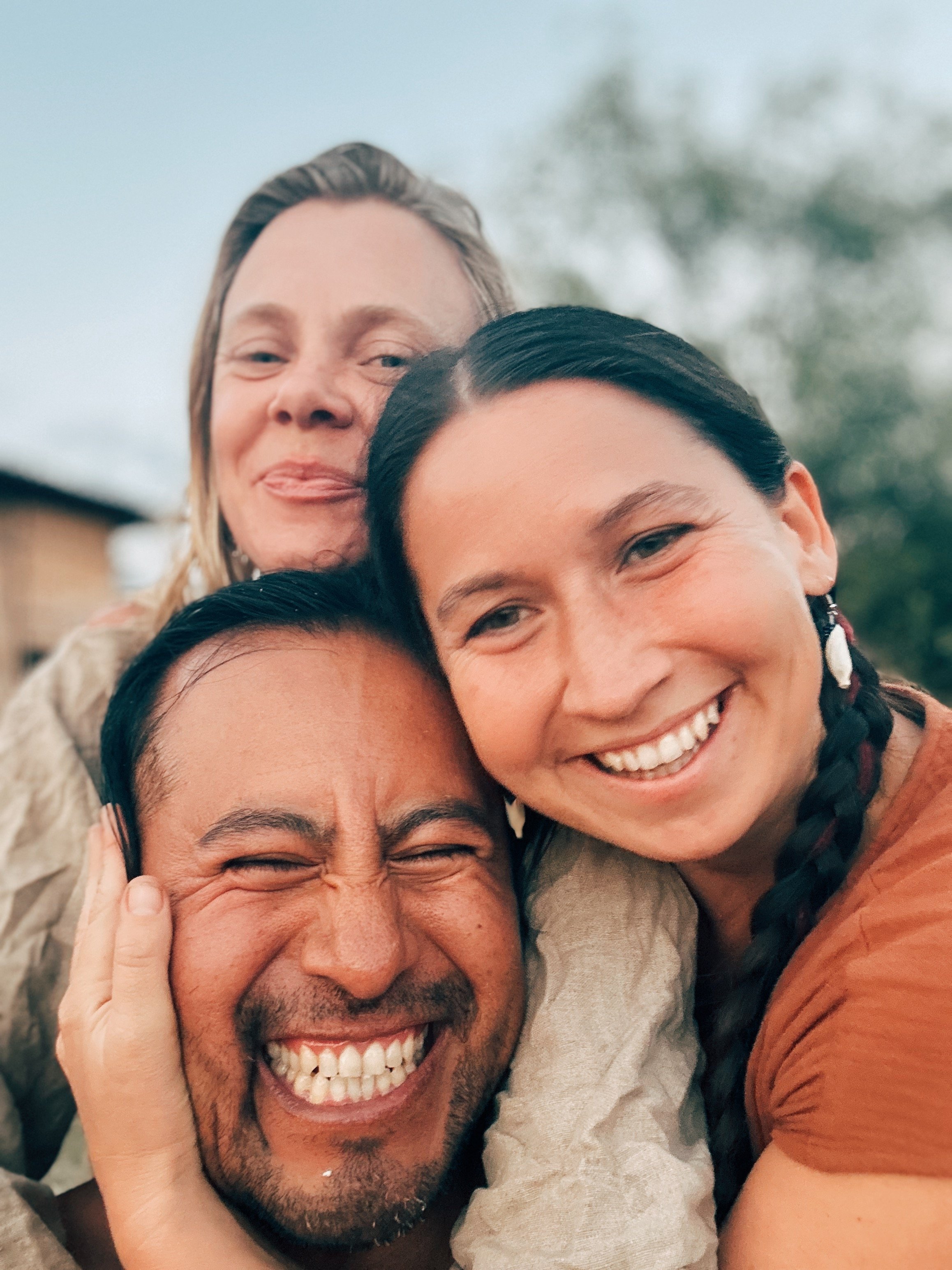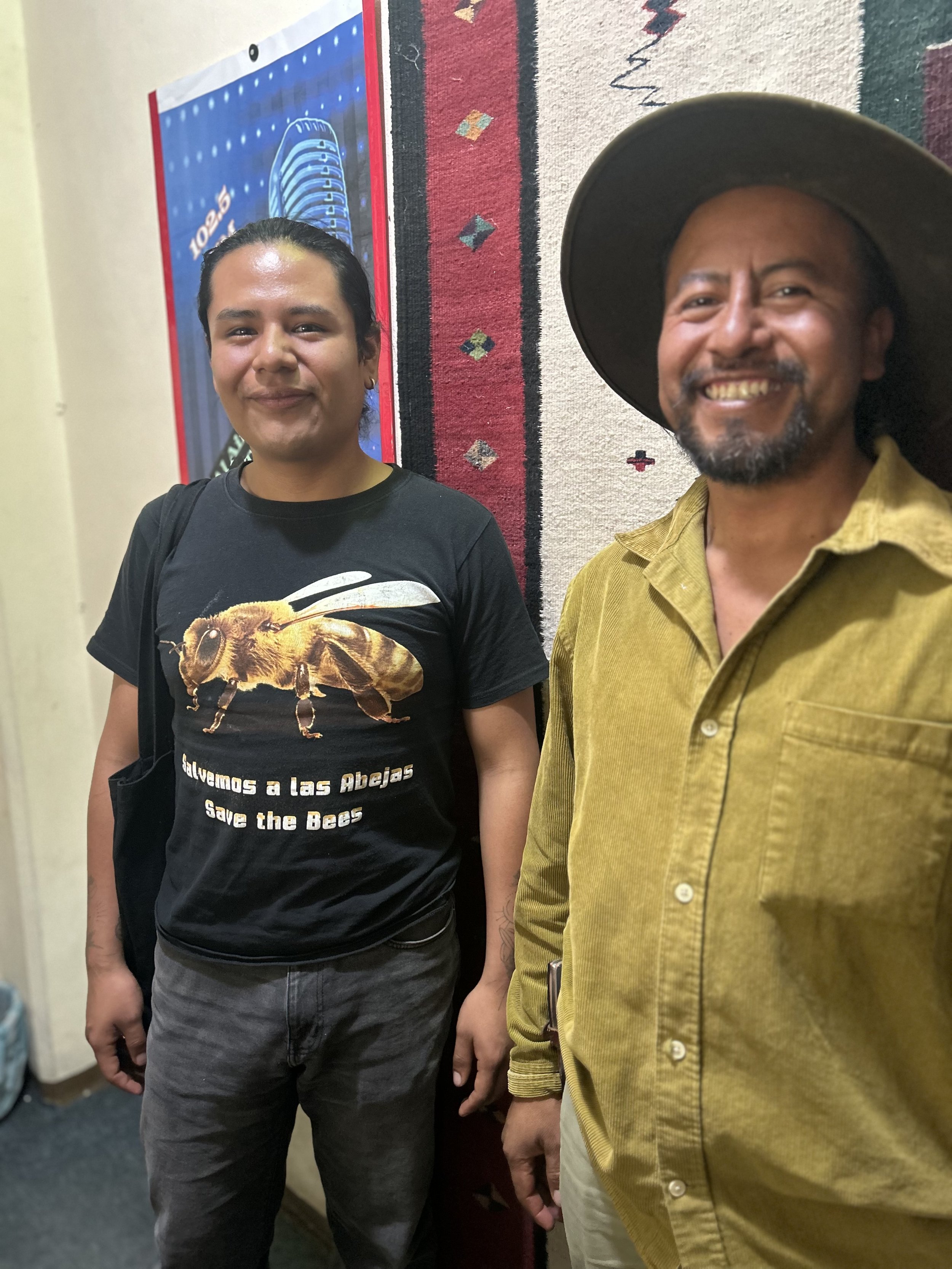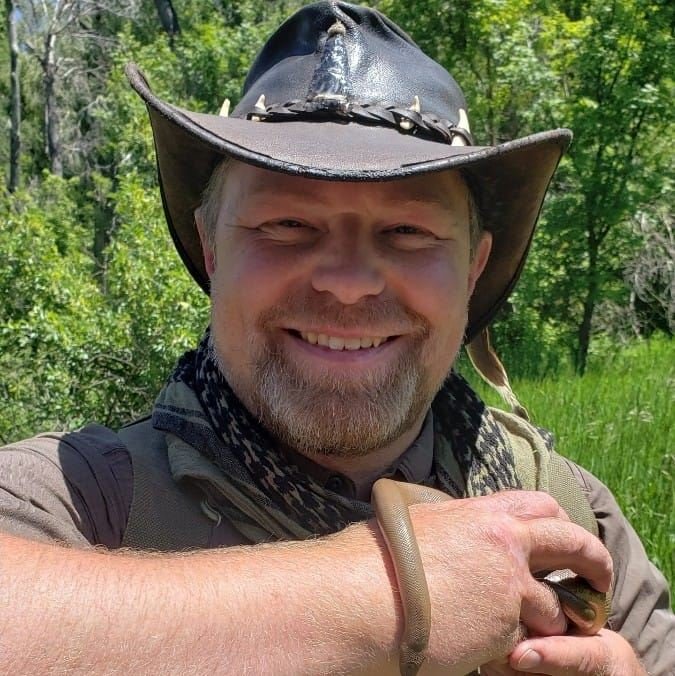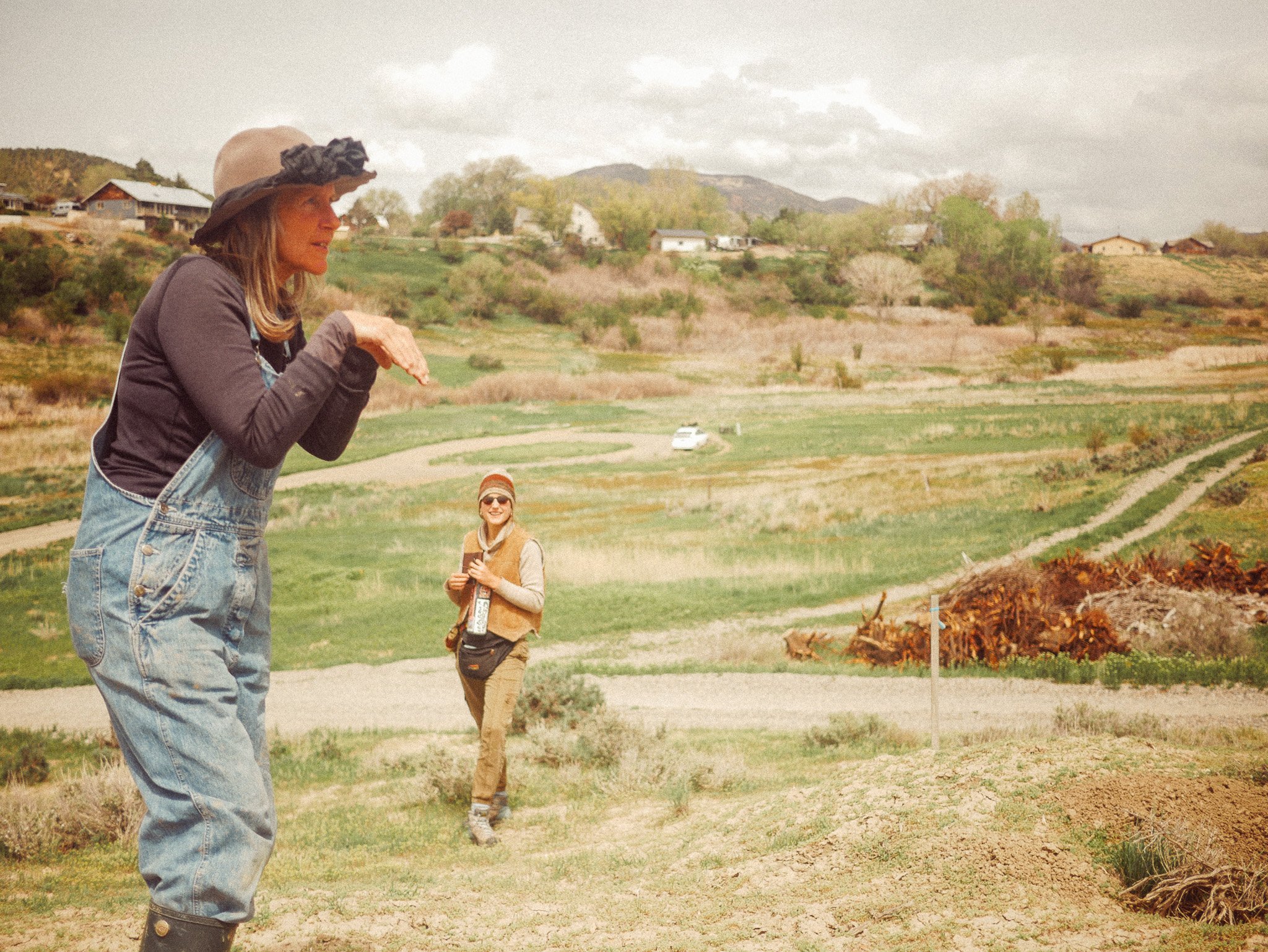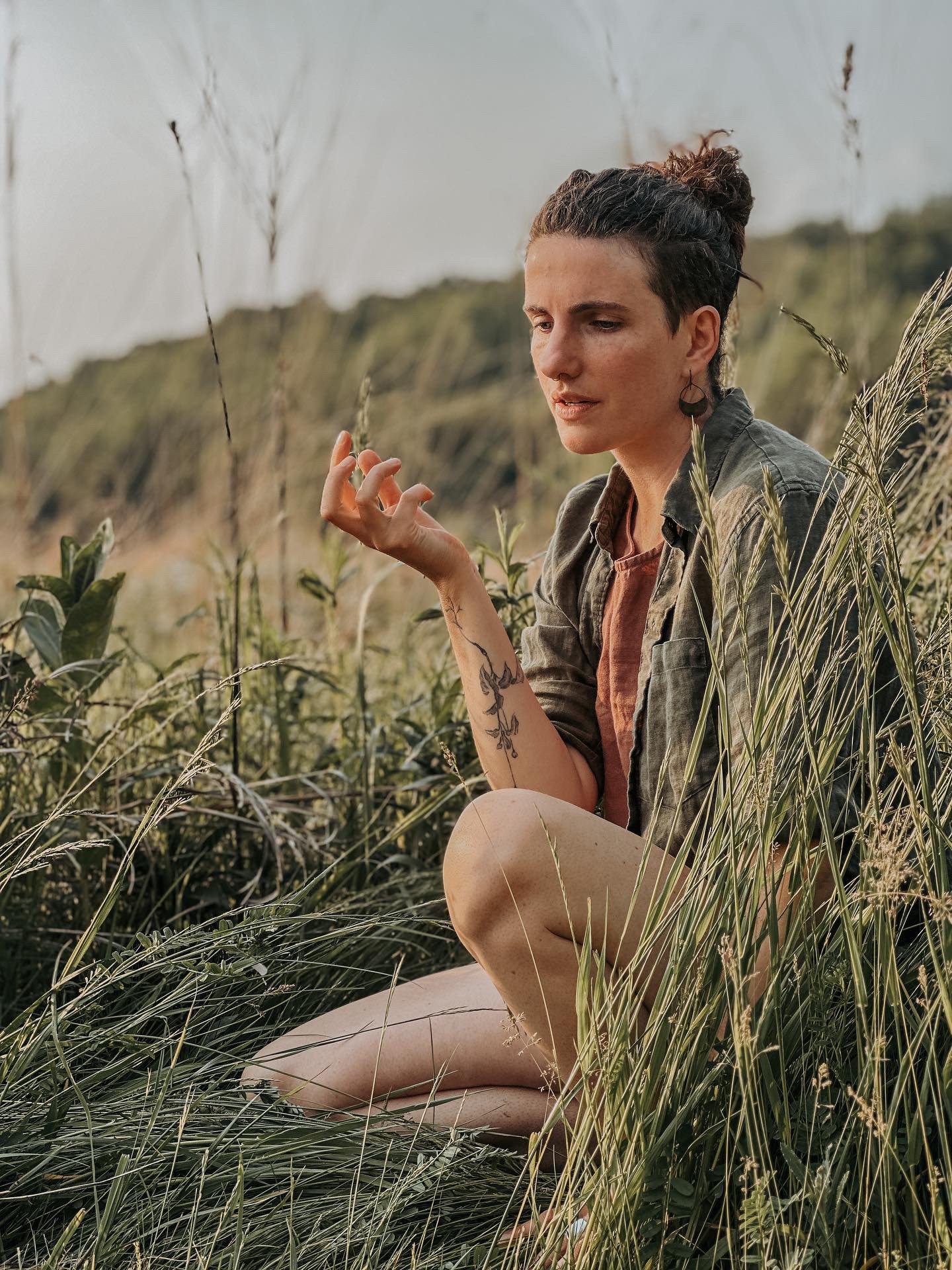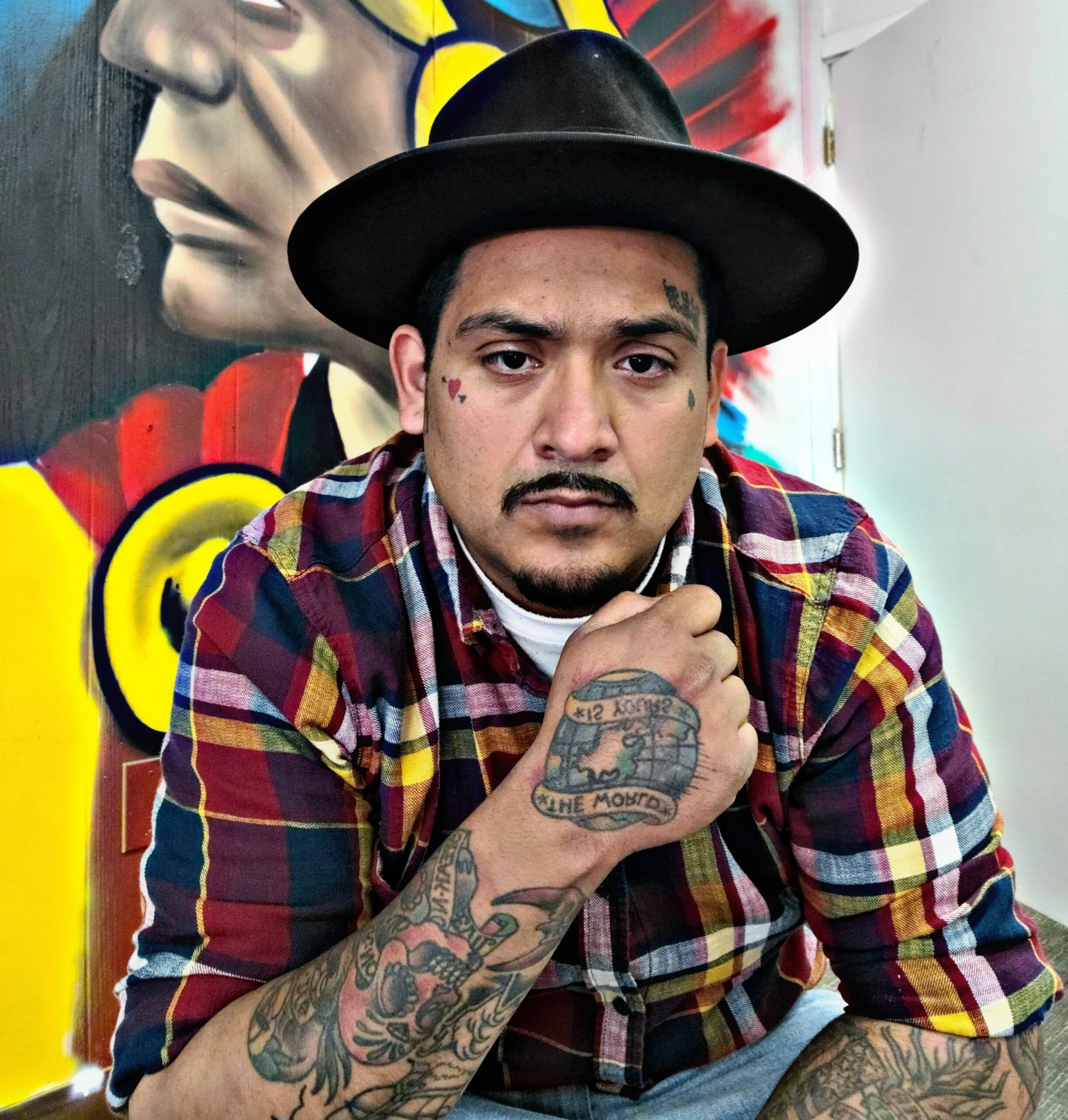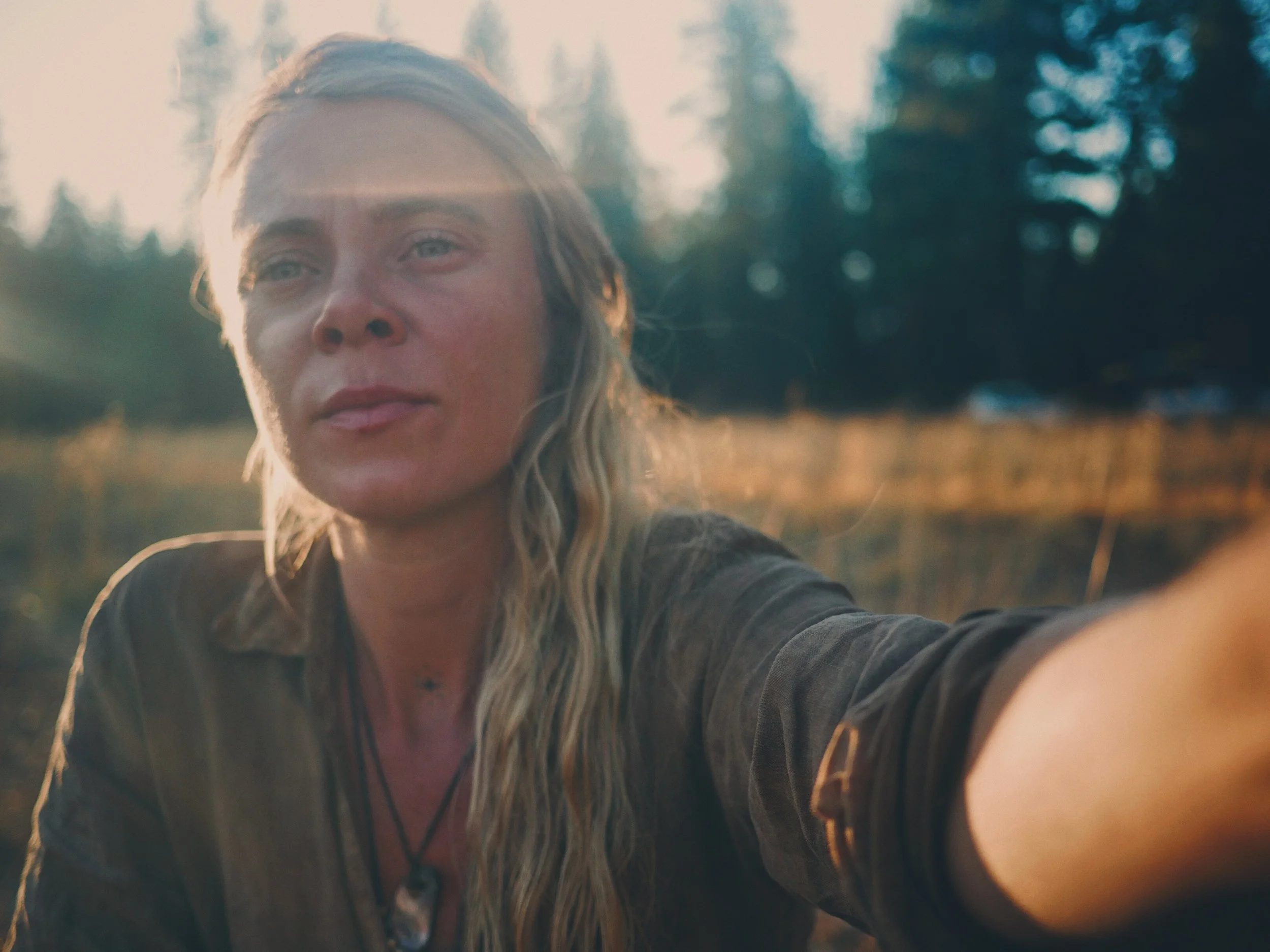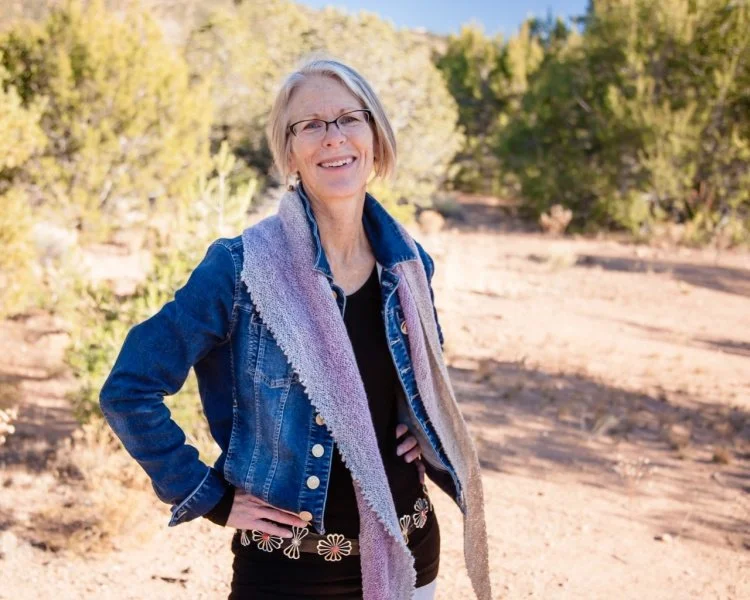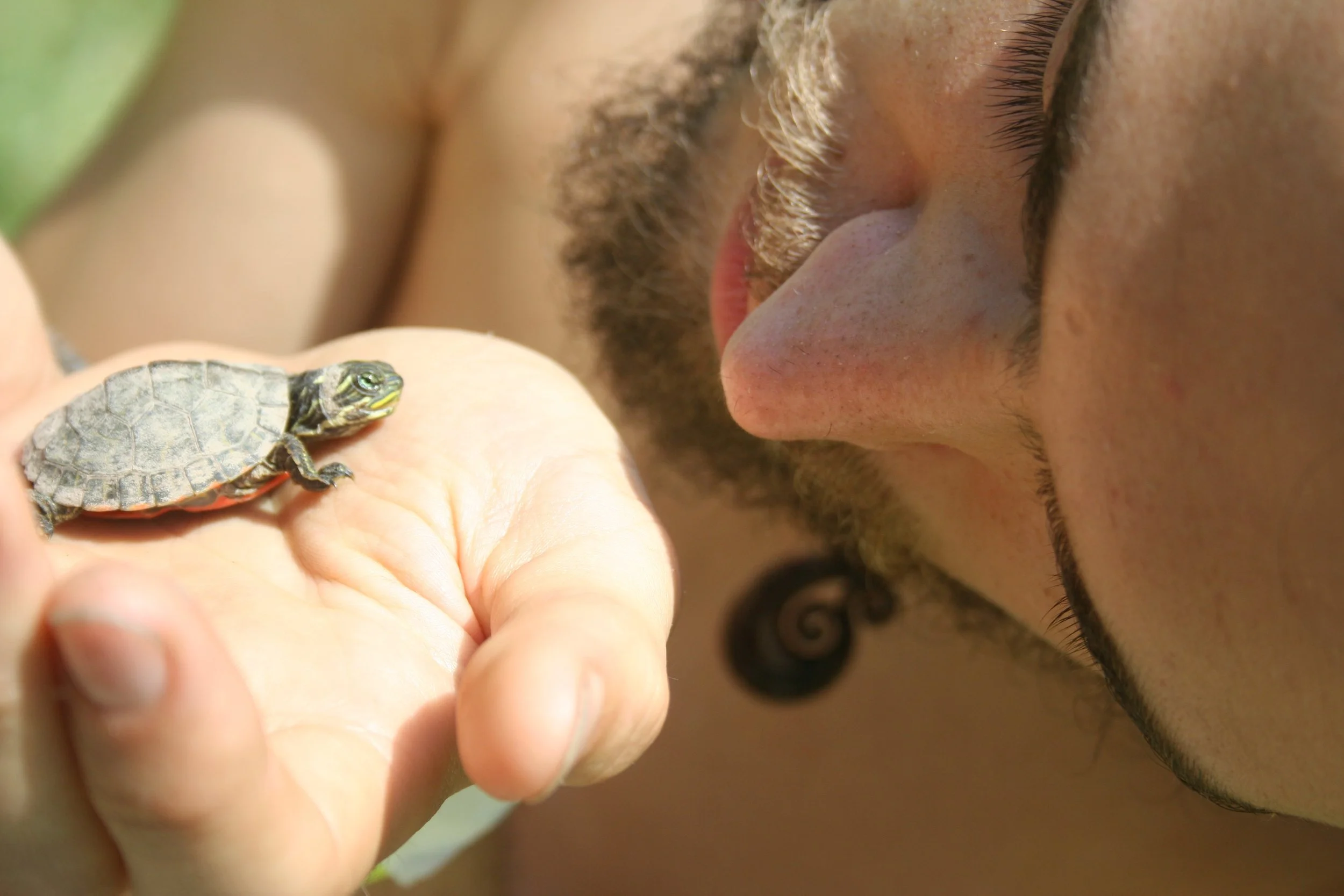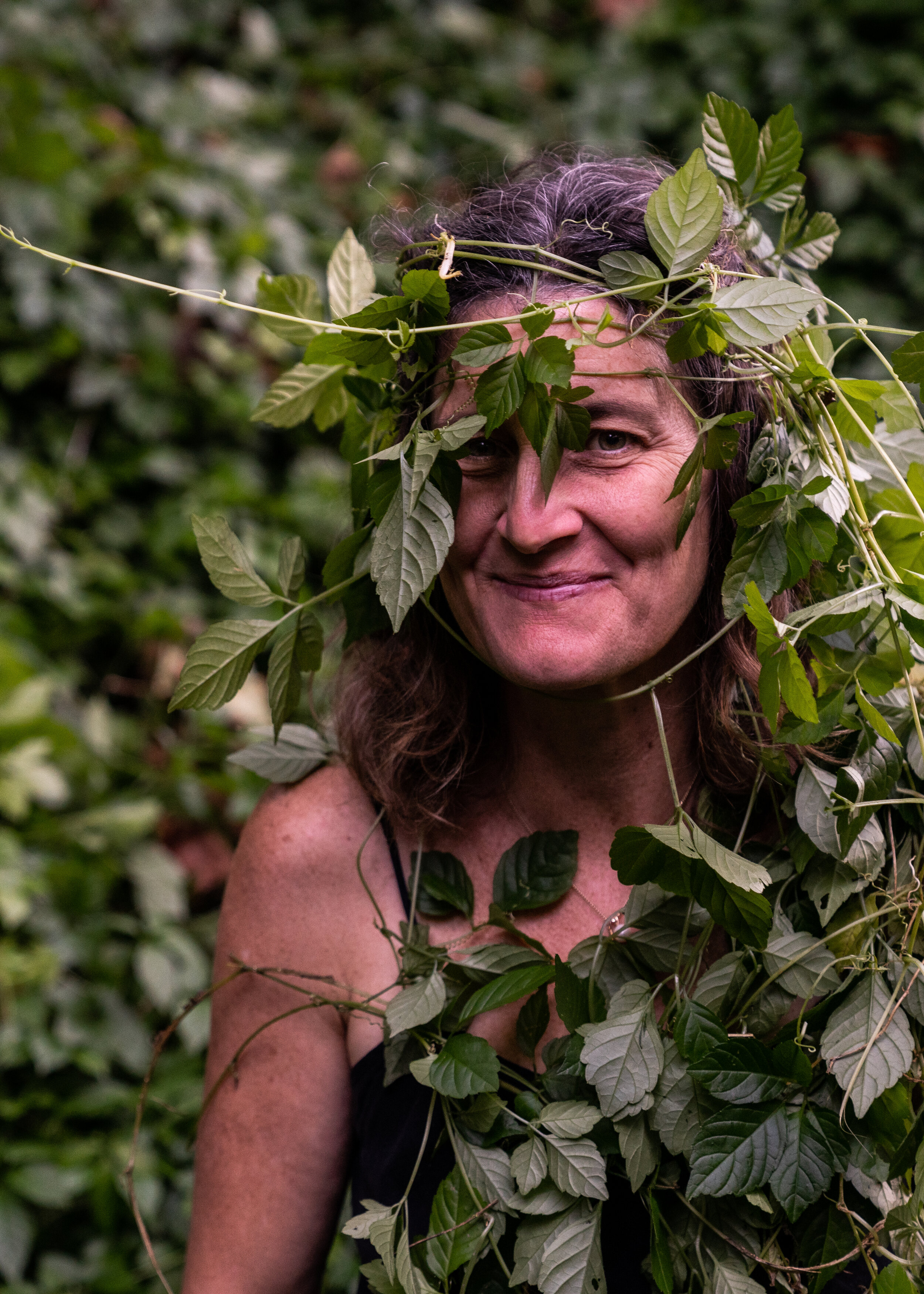This episode of the podcast features a conversation with Dara Saville out of Albuquerque, New Mexico.
Dara is an Herbalist and Geographer with a passion for native plants, public lands, and community engagement. She is the founder and primary instructor of the Albuquerque Herbalism bioregional herbal studies program and a columnist for Plant Healer Quarterly, teaching and writing on medicinal plants, changing ecosystems, and environmental issues. She has a bachelor’s degree from New York University, a master’s degree specializing in southwest landscape geography from the University of New Mexico, and is a graduate of Tieraona Low Dog’s Foundations of Herbal Medicine Program. Additionally Dara has many years of fieldwork and resource management experience with the National Park Service and well as a long history of community volunteer service with the City of Albuquerque Open Space and the Bosque Ecosystem Monitoring Program (BEMP). She is also a board member of the Native Plant Society Albuquerque Chapter, a mother, homeschool educator, gardener, and lover of wild places.
I took one of Dara's classes that focused on ecology and climate change in the southwest at an herbalism conference a few years ago in Colorado, and I remembered the teachings in her class that day. I've been featuring conversations on the podcast that visit different ways 'wild-tending' can be interpreted and I thought it would be interesting to feature a little bit about the Yerba Mansa Project and Dara's work with the Albuquerque community restoring the local riparian corridor otherwise locally referred to as the bosque.
In this conversation with Dara, we talk about:
the origins of The Yerba Mansa Project and its connection to Dara's Albuquerque Herbalism project
how the Yerba Mansa Project is helping to repair the local riparian ecology (the bosque) in Albuquerque, New Mexico
why herbalists should also be land stewards
the bosque (riparian area in the city) as a place that brings folks together
why riparian areas, especially in the southwestern US, are at risk
how the Yerba Mansa Project aims to connect local folks to the importance of the local ecology in order to create more folks who will advocate for those spaces
some of the plants they work with or tend on the bosque as a part of The Yerba Mansa Project
why Yerba Mansa is an important plant ecologically and culturally
harvesting Yerba Mansa carefully
how wildcrafting can also mean creating stories of place, it doesn't always mean we harvest
Dara's thoughts on invasive plants
Links:
Support the podcast on Patreon to contribute to our grassroots self-funding of this project.
Support the Ground Shots Project with a one time donation via Paypal at: paypal.me/petitfawn
Our website with backlog of episodes, plant profiles, travelogue and more: http://www.ofsedgeandsalt.com
Our Instagram page @goldenberries
Join the Ground Shots Podcast Facebook Group to discuss the episodes
Subscribe to our newsletter for updates on the Ground Shots Project
Theme music: 'Sweat and Splinters' by Mother Marrow
Interstitial Music: ‘Odd Bird (Old Man River)’ ft. January Mitchell by Damiyana
Hosted by: Kelly Moody
Produced by: Kelly Moody and Opia Creative
